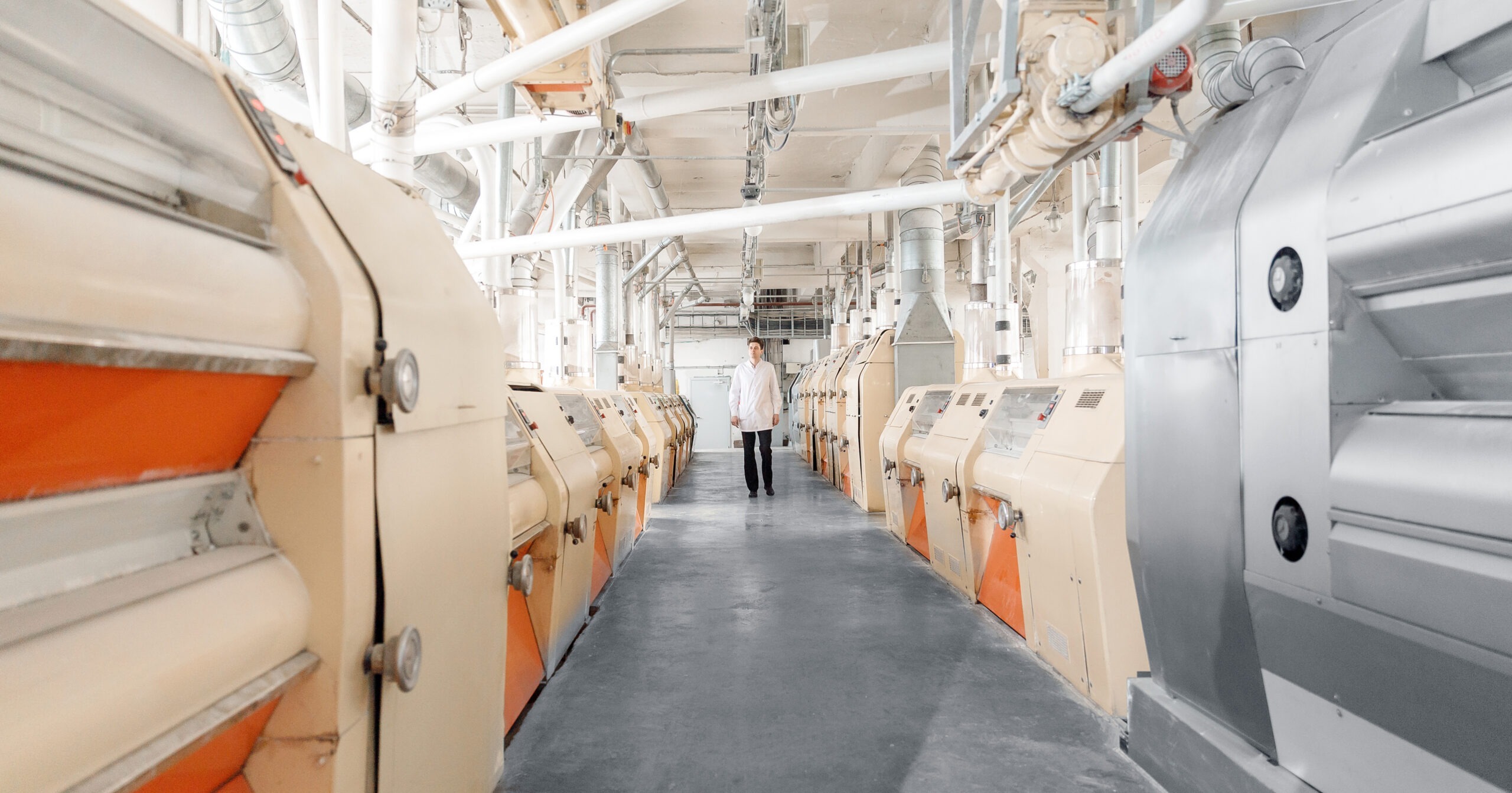Back to mapClose
 See more
See more
Food industry

Promoting agricultural production and meeting societal expectations
The agri-food industry transforms agricultural products into food. This includes the production of flour, oil, sugar, and other essential commodities for human consumption.
80%
Of products consumed in France are made in France
Sectors guaranteeing food and industrial sovereignty
The agri-food industry is France's leading industrial sector, both in terms of turnover and employment. The agri-food industry plays a key role in regional development and development, accounting for 70% of French agricultural production and producing 8% of the food consumed in France. The image of French origin in terms of food is excellent, thanks to the very high quality and safety of its products, as well as the richness of its terroirs.

What are the expectations of the food industry?
To obtain consistently high-quality products at the best price, the food industry seeks varieties that best meet the intended use. They therefore need wheat varieties suitable for baking, brewing varieties of barley, sugar varieties of beetroot, varieties for making rapeseed or sunflower oil, vegetable varieties that can be stored or with a good dry matter concentration to reduce processing costs, etc.
The agri-food industry has specific expectations of seed companies, primarily focused on quality, innovation, sustainability, and the ability to meet market demands. They also want to obtain raw materials that are suitable for their production processes.
The evolution of food quality criteria
Throughout the ages, the fundamental challenge of food has remained constant: providing sufficient, high-quality food. However, the very definition of quality is constantly evolving, influenced by the changing aspirations of citizens, consumers, and market players. Plant breeders, working over the long term (7 to 12 years to bring a new variety to market), must be able to anticipate these expectations.
What value does plant breeding generate?
Plant breeding takes into account the quality needs and industrial constraints of processors. The intrinsic quality of the harvest, its health status, the homogeneity of the batches, their suitability for conservation and the technological qualities for processing are important selection factors, diversified and codified in specifications.
For all these possible uses, it is essential to adapt plants by creating new varieties, and then to produce seeds for quality crops and harvests.
70%
Of agricultural production is processed by the food industry
Does the ideal variety exist?
New varieties frequently replace older varieties that are less responsive to the needs of producers, processors, distributors, and consumers. Needs evolve rapidly with changes in production and processing techniques, as well as distribution and consumption patterns.













